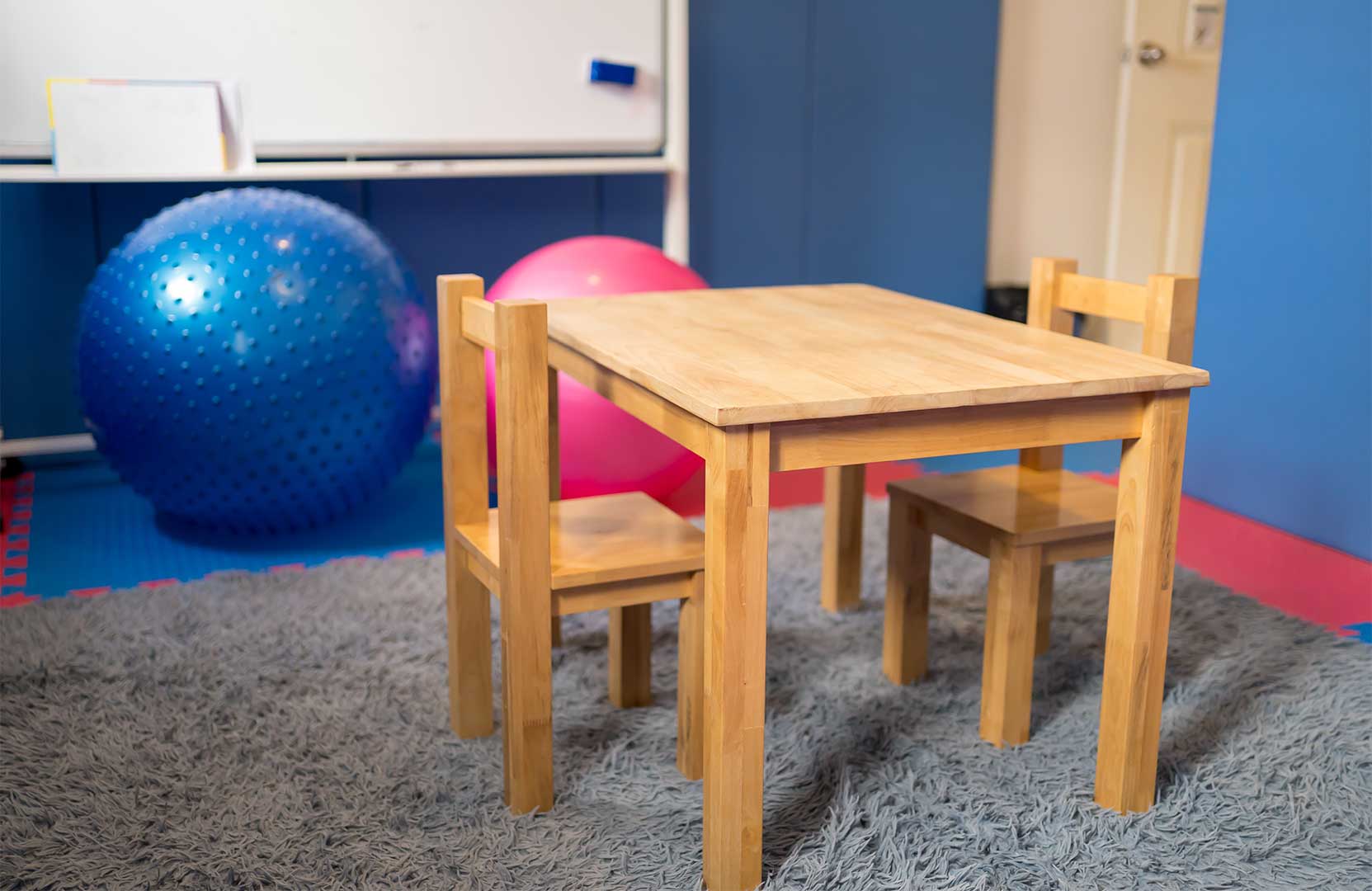Sensory play, any activity that engages a child’s senses, is a powerful tool for fostering development and learning. This form of play extends beyond the traditional toys and activities, encompassing a wide range of experiences that stimulate the sense of touch, sight, smell, taste, and hearing.
The Science Behind Sensory Play:
Research suggests that sensory experiences play a crucial role in brain development. Sensory stimulation helps create neural pathways, which are vital for processing information and learning. This means that engaging in sensory play can benefit children in various ways, including:
- Cognitive Development: Sensory play can promote problem-solving skills, creativity, and imagination. Children experiment, explore, and learn through hands-on experiences, building important cognitive foundations for future learning.
- Language Development: Sensory experiences provide numerous opportunities for language acquisition and development. Describing textures, sounds, and smells encourages communication and vocabulary expansion.
- Motor Skills Development: Sensory play often involves manipulating objects and engaging in movement, contributing to the development of fine and gross motor skills.
- Social-Emotional Development: Sensory activities can promote social interaction and collaboration. Children learn to share, cooperate, and take turns while engaging in sensory play together.
- Sensory Processing: Sensory play can help children with sensory processing difficulties by providing them with opportunities to explore and understand their sensory input.
Sensory Play Ideas for All Ages:
There are countless ways to incorporate sensory play into a child’s life. Here are a few ideas for different ages:
Infants (0-12 months):
- Tummy time on a textured mat
- Playing with rattles and crinkly toys
- Exploring different textures through fabric scraps
- Listening to music and singing songs
- Engaging in taste-safe sensory bottles
Toddlers (1-3 years):
- Sensory bins filled with sand, water, beans, or rice
- Play dough and other molding materials
- Finger painting and other messy art activities
- Building with blocks and other materials
- Exploring nature through walks or hikes
Preschoolers (3-5 years):
- Science experiments with baking soda volcanoes and slime making
- Cooking and preparing simple meals
- Gardening and planting seeds
- Playing dress-up with costumes and props
- Sensory walks focusing on different sounds, smells, and textures
School-aged children (6-12 years):
- Creating and playing with musical instruments
- Building elaborate structures with LEGOs or other construction toys
- Participating in sports and outdoor activities
- Engaging in arts and crafts projects
- Exploring different cultures through cooking, music, and art
Benefits for Different Abilities:
Sensory play can be beneficial for children with various abilities. It can provide a calming and stimulating experience for children with anxiety or sensory processing difficulties. For children with developmental delays, sensory play can offer opportunities to practice and improve motor skills, communication, and social interaction.
Sensory play offers countless benefits for children of all ages and abilities. By incorporating sensory experiences into their daily lives, children can explore their world, learn about themselves and their surroundings, and develop essential skills for future success.





Leave A Comment